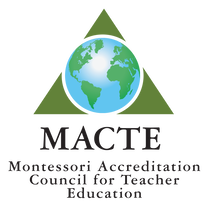
MISSION STATEMENT
Alief Montessori Community School strives to provide a diverse and supportive learning environment where our students develop a love for lifelong learning and grow to become contributing members of society.
HISTORY
Nancy Lee Chieu founded Alief Montessori Community School as a private school in the fall of 1981. Mrs. Chieu strongly supported Maria Montessori’s view of education, “Education is to prepare a child for life.” The goal of education is always the formation of the total personality. Independence, responsibility, and a deep love of learning are the hallmarks of a Montessori child.
In 1998, AMCS became a public charter school and 501(c)(3) nonprofit organization, with the goal of making Montessori education available and accessible to the children of the Alief community and the greater Houston area. During its four decades of service, Alief Montessori Community School has provided Montessori programs for children ages 3 to 14 years old.
AMCS began with a primary program and has since added Lower and Upper Elementary programs, and most recently a Middle School (Adolescent) program in 2017. Students attend multi-age classes according to Montessori education. Primary students usually range from 3 to 6 years of age. The lower elementary students are about 6 to 9 and the upper elementary 9 to 12 years of age. Middle school students attend classes together from 12 to 14 years of age. Ideally, students remain with the same teacher for 2 to 3 years.
Alief Montessori Community School prides itself on providing a holistic Montessori education based on the Association of Montessori Internationale standards, whereby the curriculum and approach can meet the individual needs of each of our students. In order to best serve our students, AMCS strives to create an environment that fosters healthy communication and empathy.
MONTESSORI PHILOSOPHY
It is essential that parents understand the Montessori philosophy. It is vital to recognize that it is the child, not the teacher, who develops his or her potential through constructive work. The role of the teacher is to assist this development by preparing the environment, directing the activity, and encouraging responsible independence.
A major goal of the Montessori experience is to encourage self-discipline. From their first day in the classroom, children are encouraged to make choices based upon their interest and their knowledge of available activities. They are given security by the presence of clear guidelines for responsible behavior - guidelines that are positively and consistently reinforced.
Basic Elements of the Montessori Philosophy of Education
Montessori Education is based on the matching of universal observable characteristics of childhood with the children’s learning environment which support the development of healthy and happy individuals within the particular educational community and which prepare those individuals for life.
- Montessori education provides a prepared environment to facilitate maximum independent learning and exploration by the child.
- The child develops a positive attitude toward school, inner security, a sense of order, abiding curiosity, a habit of concentration, initiative and persistence, the ability to make decisions and self-discipline.
- The child refines their senses, by working from the simple to the complex and the concrete to the abstract.
- The child learns through spontaneous activity directed by the inner needs of their developmental stage.
- The child become self-directed rather than teacher directed.
- Montessori education trusts in the child’s ability to select the meaningful works needed to grow and be successful.
- The child develops a sense of responsibility to other members of the class, school and community.
There is intrinsic concern for rhythm, balance, and order, which make the life process possible and provide continuity between man and nature.
Alief Montessori Community School receives the highest recognition for educational excellence. The Texas Education Agency conferred the Recognized or Exemplary rating to our school since 1999.

The Texas Business and Education Coalition also awarded us the Honor Roll Award.

The Alief Montessori was conferred the top 25% progress distinction by the Texas Education Agency for its performance in the State of Texas Assessment of Academic Readiness (STAAR). Texas Business and Education Coalition also awarded us the Honor Roll Award.
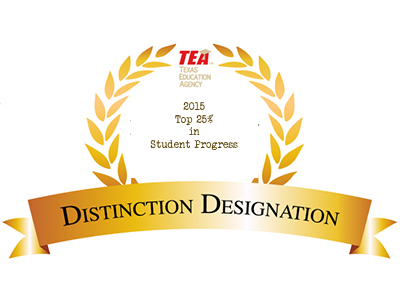
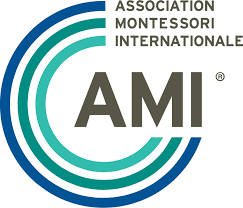
Alief Montessori Community School as an organization and its staff, as individuals, hold essential accreditation and membership with Association Montessori Internationale (AMI)
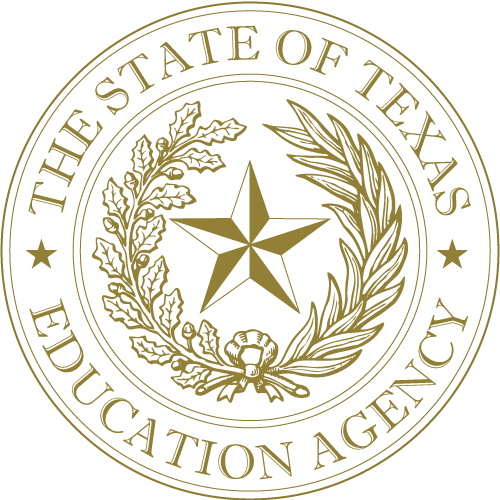
Alief Montessori Community School is a Texas Public Charter School accredited by Texas Education Agency.
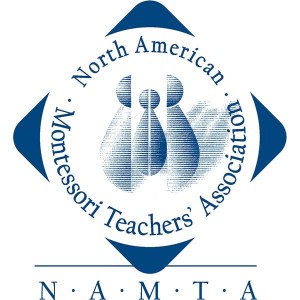
North American Montessori Teachers Association ( NAMT)
